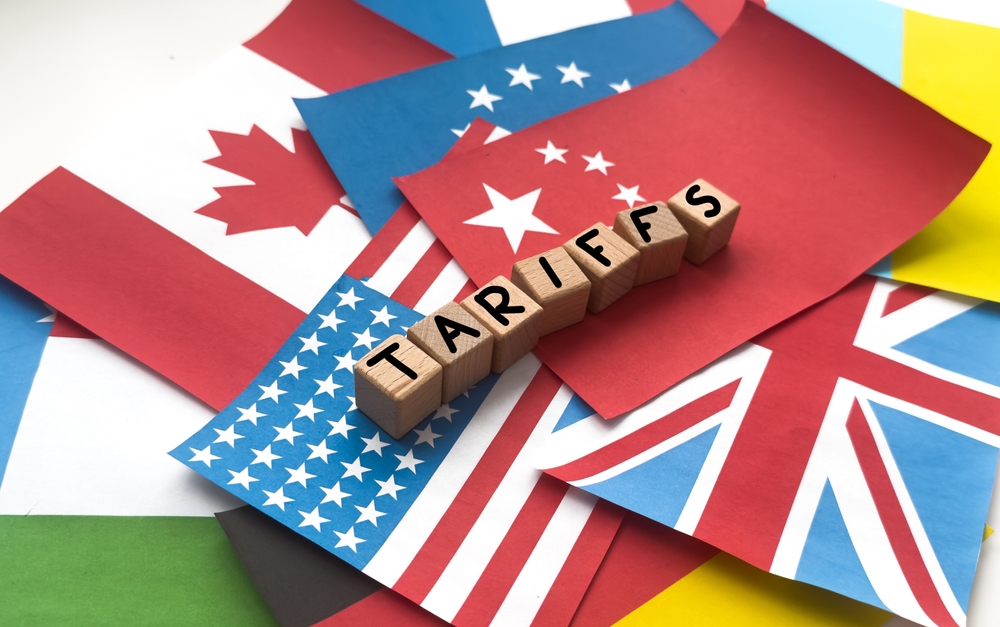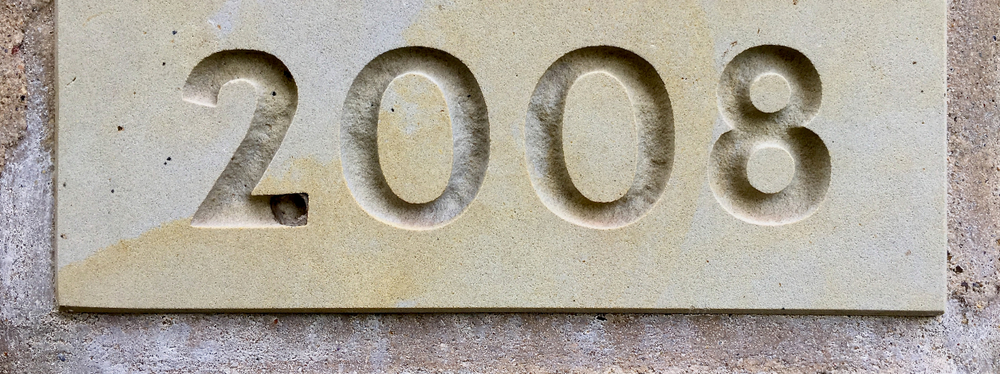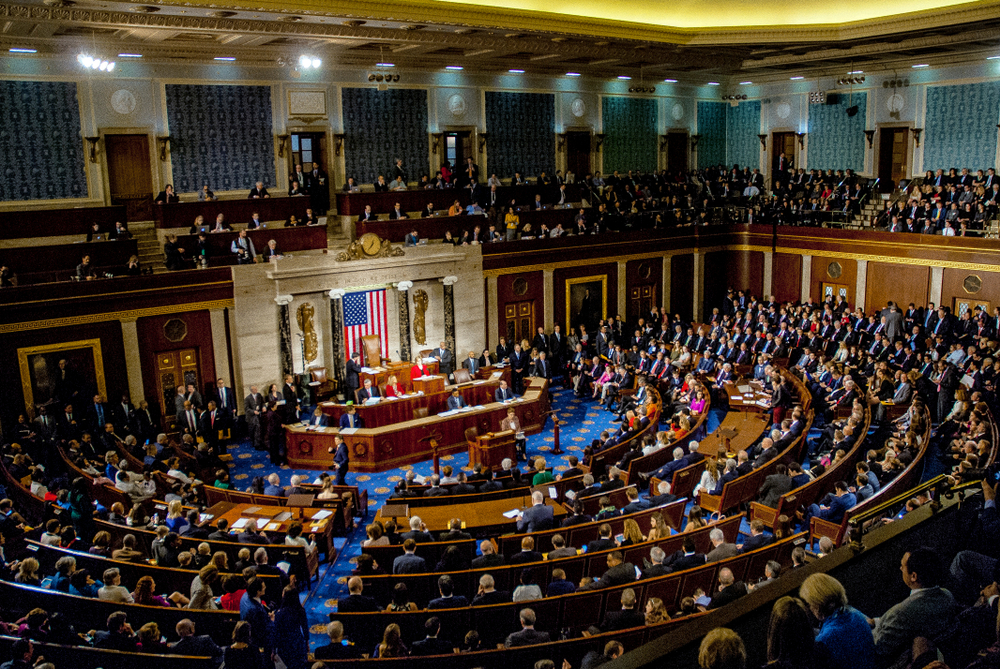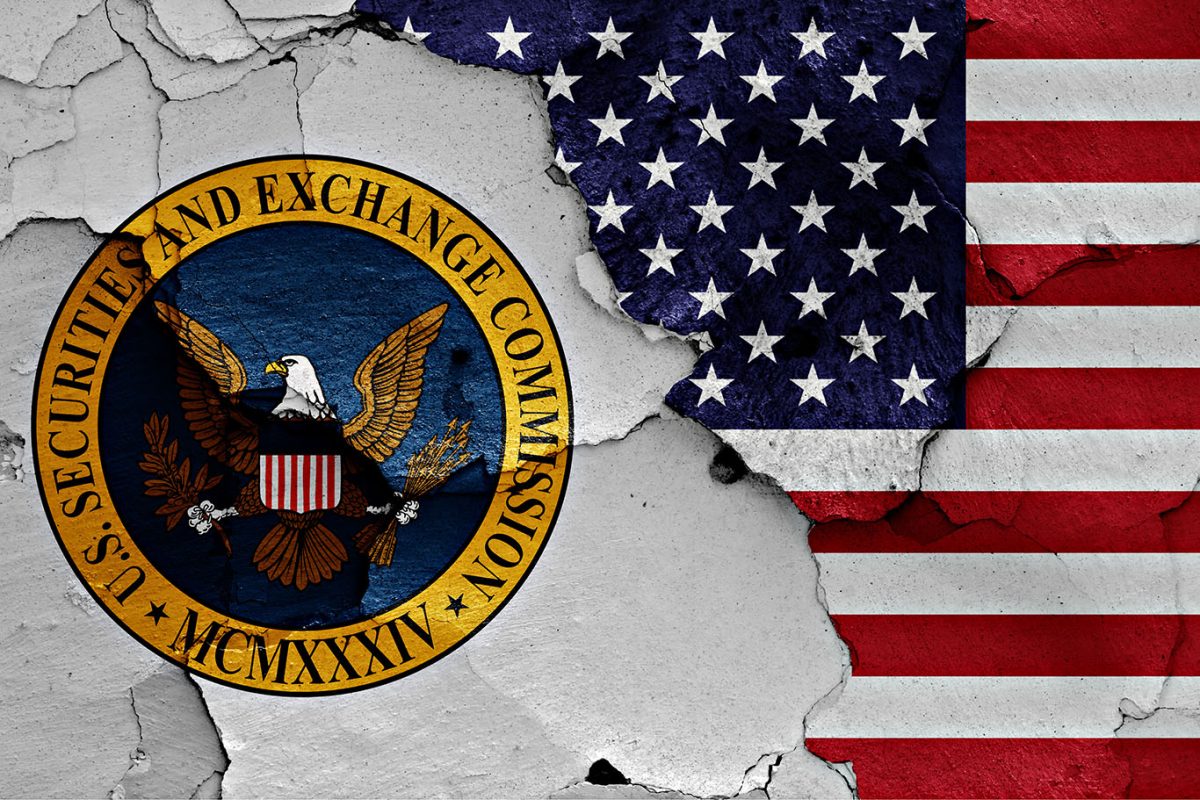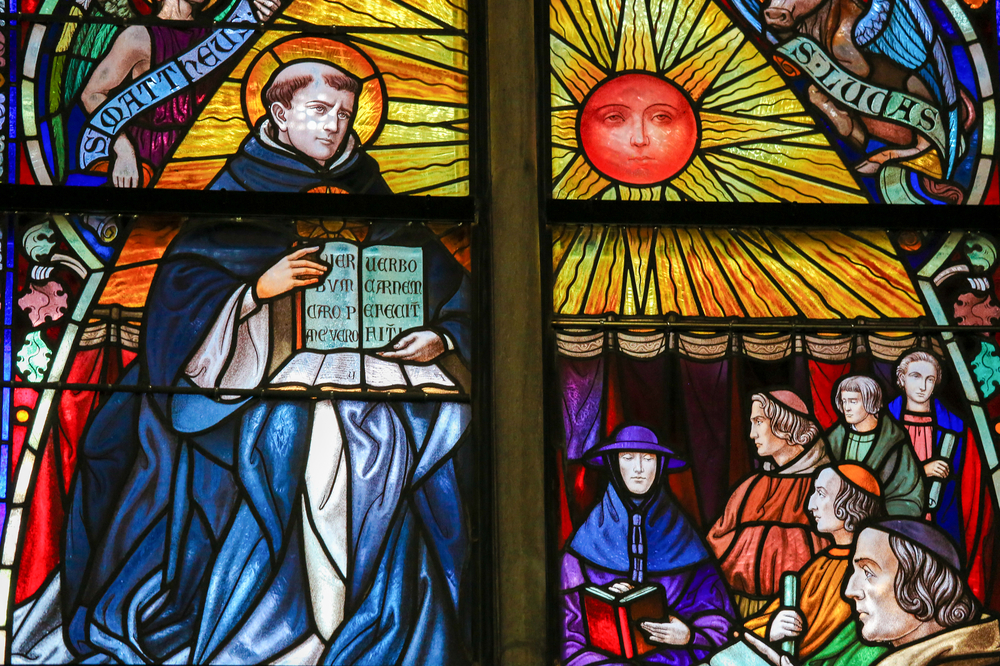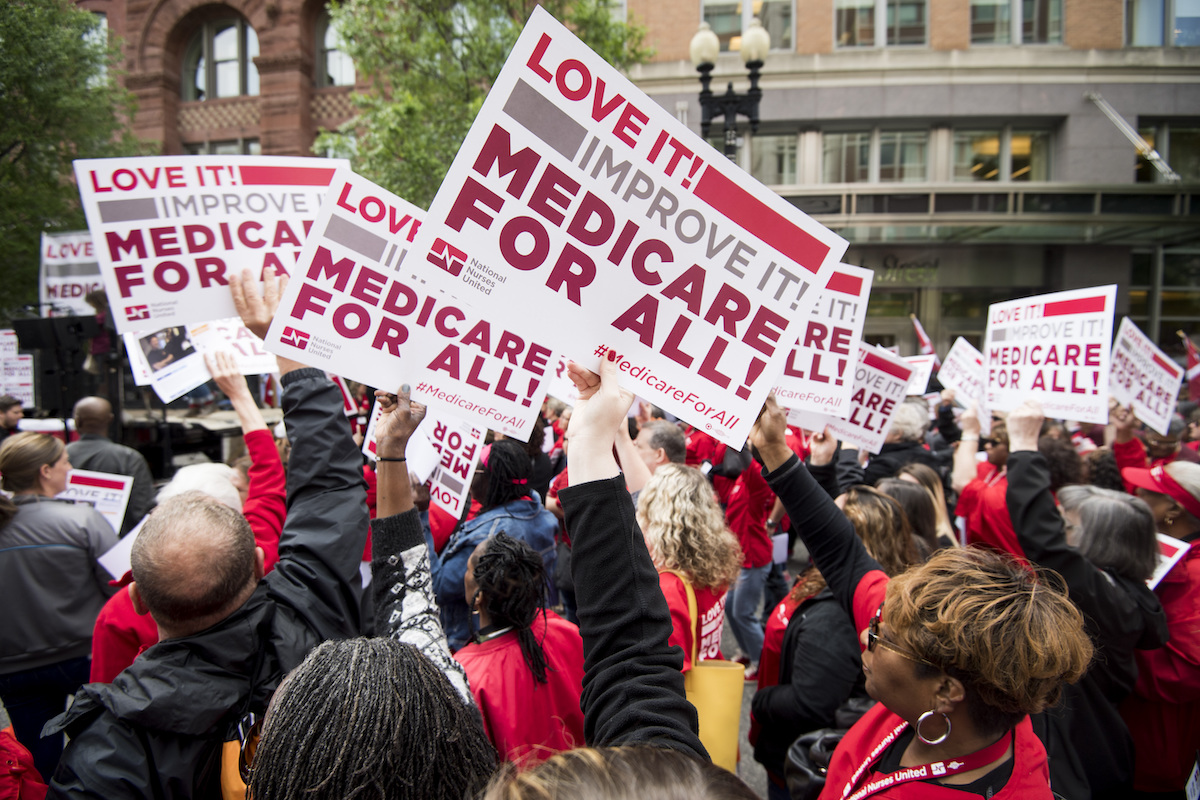February 21, 2025
The Tattered History of Tariffs
Much like bell-bottom jeans, tariffs are making a comeback. President Trump imposed tariffs on about $380 billion in products in his first term. The Biden administration kept most of those tariffs, then expanded them for China-made goods, including computer chips, steel, and aluminum—and quadrupled tariffs, from 25% to 100%, on electric vehicles(EVs). Continue Reading...
